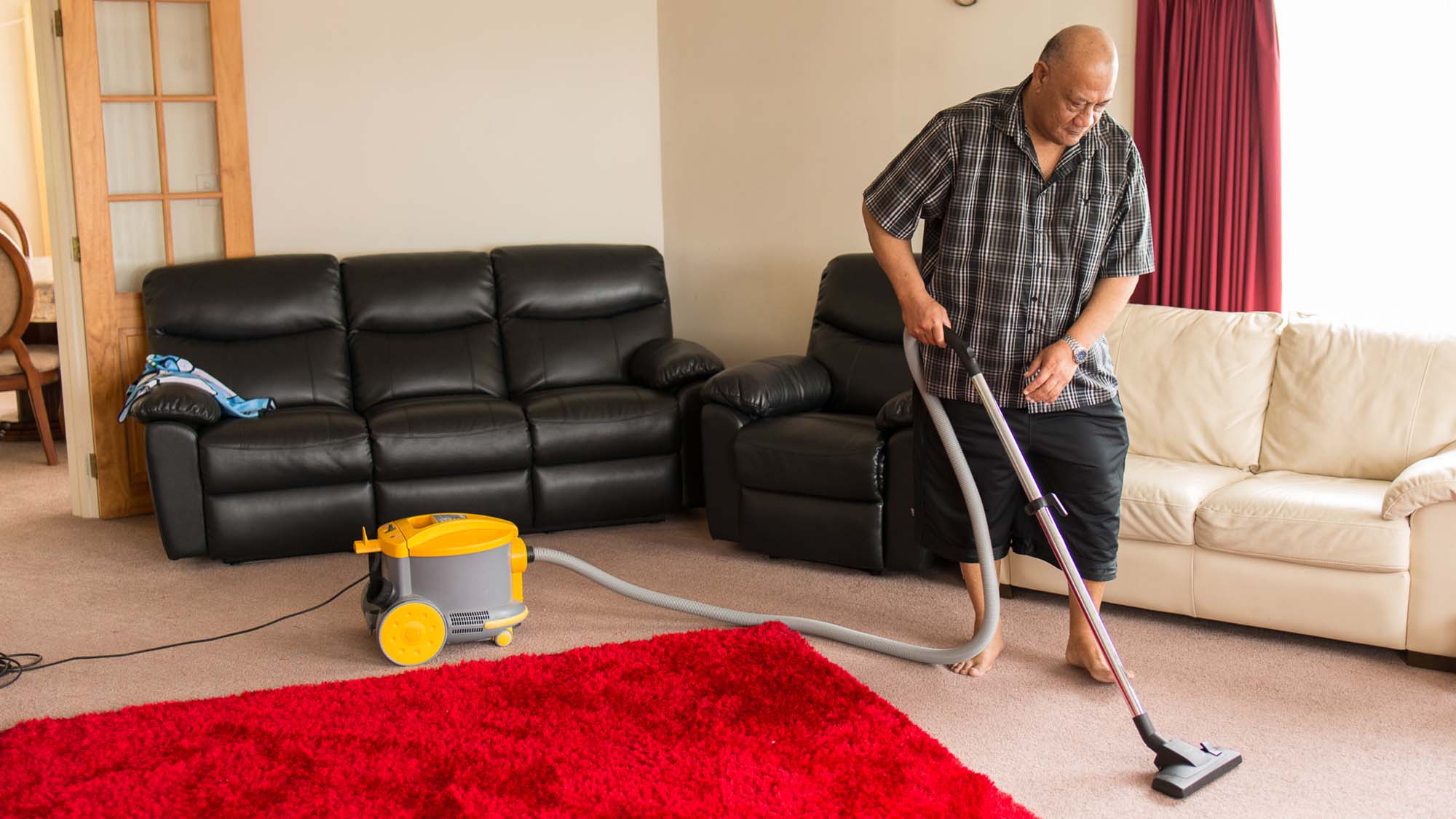
What can cause a fall
Many different things can cause a fall, especially as we age – and the consequences can be serious. Find out the potential risk factors, their impact, and how to prevent them.
Last updated 28 April 2025

Many different things can cause a fall, especially as we age – and the consequences can be serious. Find out the potential risk factors, their impact, and how to prevent them.
Last updated 28 April 2025
There are many different things that can cause a fall. But with a little knowledge and planning, you can reduce your risk of falling and stay safer. Discover some of the different physical and psychological risks and follow the advice to help you stay stronger for longer.
Your eyesight can change as you grow older. If you can’t see well you may struggle to see obstacles, distance, depth, contrast, or glare. Follow these tips to keep your eyesight healthier:
Hearing loss is normal as we age. But it’s also gradual, so you may not notice the change straight away. Problems with your hearing can also affect your balance. So get your hearing tested if:
The longer you leave your hearing a problem, the less effective treatments can be.
Our feet can change shape and lose some feeling as we age. Having sore feet is not part of the normal ageing process. Foot problems such as pain, deformity, or infection can affect your balance, mobility, and confidence. Check your feet regularly and talk to your doctor if you think something is not right.
Tips to look after your feet to prevent falls:
If you have problems holding your urine or having to rush to the bathroom, it can increase your risk of falling. Talk to your doctor about ways to manage this and follow the tips below:
We all need good quality sleep, no matter our age. A lack of sleep can affect your mood, health, co-ordination, and your sense of balance. If getting enough sleep is an issue for you, here are some things you can try:
Sometimes medication you are taking can lead to drowsiness, dizziness from low blood pressure, or impaired vision or alertness. Any of these can lead to a fall. It’s important to review the medications you use regularly with your doctor and tell them about any changes or concerns.
Depression and anxiety can cause dizziness or light-headedness, leading to a fall. Talk to your doctor if:
A fear of falling can sometimes cause low self-esteem, and a lack of confidence in moving freely about your home. This can lead to you having a fall. If this is an issue, talk to your health professional about ways to help re-build your confidence.